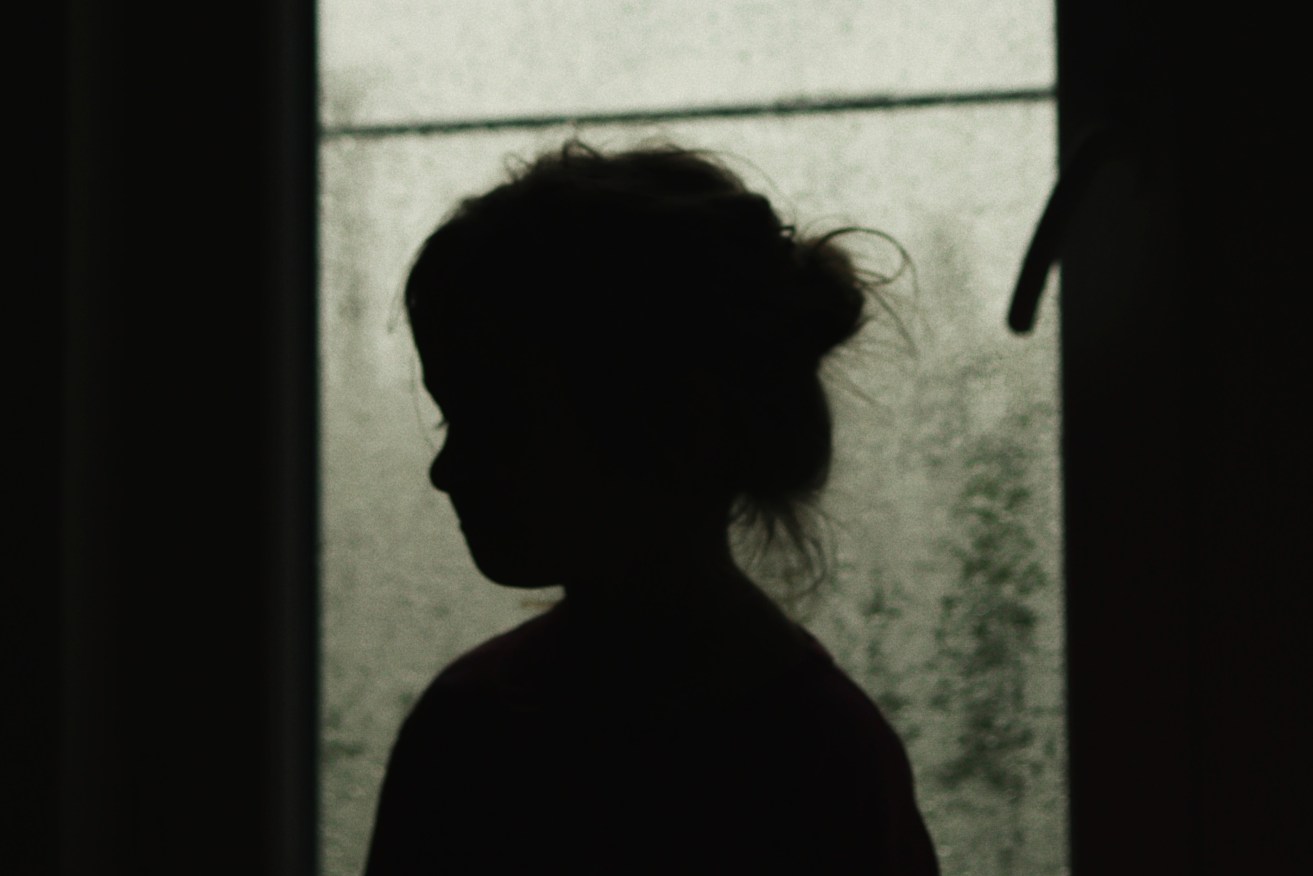SA girls at risk of genital mutilation
Female genital mutilation is being performed in South Australia, a human rights activist warns, with Child Protection Department freedom of information documents revealing six girls have likely been subjected to or have been at risk of the illegal practice since 2014.

Photo: Pexels
The heavily-redacted documents released by the department show the six reports of suspected or likely female genital mutilation (FGM) were made between 2014 and 2021.
The most recent notification, filed in 2021, states one girl was at “significant risk of FGM”, with the department deeming it necessary to respond within 10 days.
Another notification filed in 2020 states the notifier believed that “circumcision (was) likely to have occurred”.
The freedom of information documents were released in October last year and are listed on the Department for Child Protection’s online disclosure log.
The ages and locations of the girls are redacted for privacy reasons.
You can’t comprehend the amount of psychological, physical, neurological consequences
SA Health defines FGM, also known as female circumcision or female genital cutting, as “the deliberate partial or total removal of the external female genitalia or other injury to the female genital organs for non-medical reasons”.
The practice pre-dates most contemporary religions and is described by the United Nations as a “grave” form of violence against women and girls.
It is performed for various reasons, including as a cultural rite of passage, to “safeguard” virginity, or for aesthetic purposes.
Those who undergo FGM often experience short-term complications such as severe pain, shock, excessive bleeding, infections and difficulty urinating, as well as longer-term reproductive and mental health consequences.
In South Australia, it is illegal to aid, abet, counsel or procure a person to perform FGM on a woman or girl, or to leave the state for the purpose of having FGM performed, with those found guilty facing up to seven years’ imprisonment.
Khadija Gbla, who is the ambassador for South Australian FGM victim support organisation Desert Flower Centre, told InDaily: “FGM does happen in South Australia”.

Desert Flower Centre founder Khadija Gbla. Photo: Supplied
She said each year she receives approximately 50 calls from people across Australia reporting suspected cases of FGM.
“These are all for girls in primary school, kids who are in kindy,” she said.
“Childcare workers are one of my biggest cohorts who call me.
“They change nappies and they see what they think is female genital mutilation and they ring me to get advice on what to do.
“Or, it’s community members – a father who calls me and says: ‘My wife wants to perform this and I’m against this’, or a wife says: ‘My husband wants this’.
“I don’t go a month without supporting somebody to make a notification.”
According to advocacy group NoFGM Australia, over 200,000 women are estimated to have undergone FGM in Australia, with 11 Australian girls considered at risk every day.
SA Health states the age at which girls may experience FGM differs across cultural groups, with some girls subjected to it before they turn five, while others may experience a procedure between the ages of five and 14, or before marriage.
Gbla, who was forced to undergo FGM as a young child in Gambia, said the practice transcends all cultures.
She said she is aware of people who identify as intersex being forced to undergo FGM as children, or parents performing the practice to prevent girls from masturbating.
“In my work, there is no such thing as a predominate group – everyone practices FGM – it’s more that it’s widespread and it’s been passed down for generations for some families, while for others, it’s as simple as: ‘I don’t want my daughter touching herself’, or: ‘That’s not OK for my daughter to be gay’,” she said.
“For example, there’s an Australian woman I know in Melbourne whose mum took the scissors to cut her clitoris because she was masturbating.
“Then you think of intersex people as well and the lack of autonomy or consent in their parents deciding to choose their gender for them.
“You can’t comprehend the amount of psychological, physical, neurological consequences.”
According to Gbla, FGM is performed at home and by doctors, with Services Australia records showing that between July 2013 and July 2021, there were 1836 Medicare claims for female circumcision.
Michael West Media reported that the claims, over half of which were for girls aged under 15, were made under the Medicare code for penis circumcision, but the patients were listed as female.
Gbla described the practice as a “cover up”.
“They were using Medicare codes to hide the fact they were performing FGM because it is illegal to perform FGM, but it’s not illegal to perform male circumcision,” she said.
“FGM is always happening in Australia and it will continue to happen in Australia because of the fact that our government does not have a preventative approach.”
A spokesperson from the Department for Child Protection (DCP) said FGM cases were rare, but taken seriously when brought to the agency’s attention.
“When reports about children and young people at risk of female genital mutilation are received, the department works with the Australian Federal Police as part of the response,” they said.
“DCP’s expert multicultural services team works closely with case managers when these cases arise.”
Gbla called for more education to prevent further FGM cases.
“We have a very legalistic approach whereby it’s not identified until a child is deemed a risk,” she said.
“So many people don’t know that FGM happens in Australia, don’t know how to look out for it because FGM is not mentioned in child protection training.
“I’m talking about female genital mutilation sexual health classes in schools, talking to little kids about autonomy – your body belongs to you, nobody is perfect, nobody is allowed to do anything to it.
“People need to understand that you don’t need to leave Australia (to have FGM performed). You can do it right here. We have doctors who are willing to do it.”




